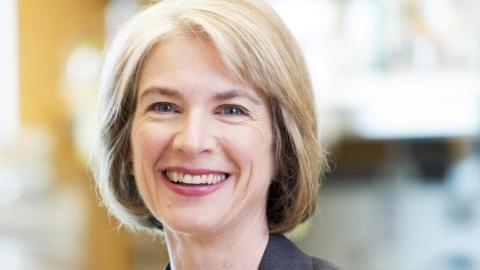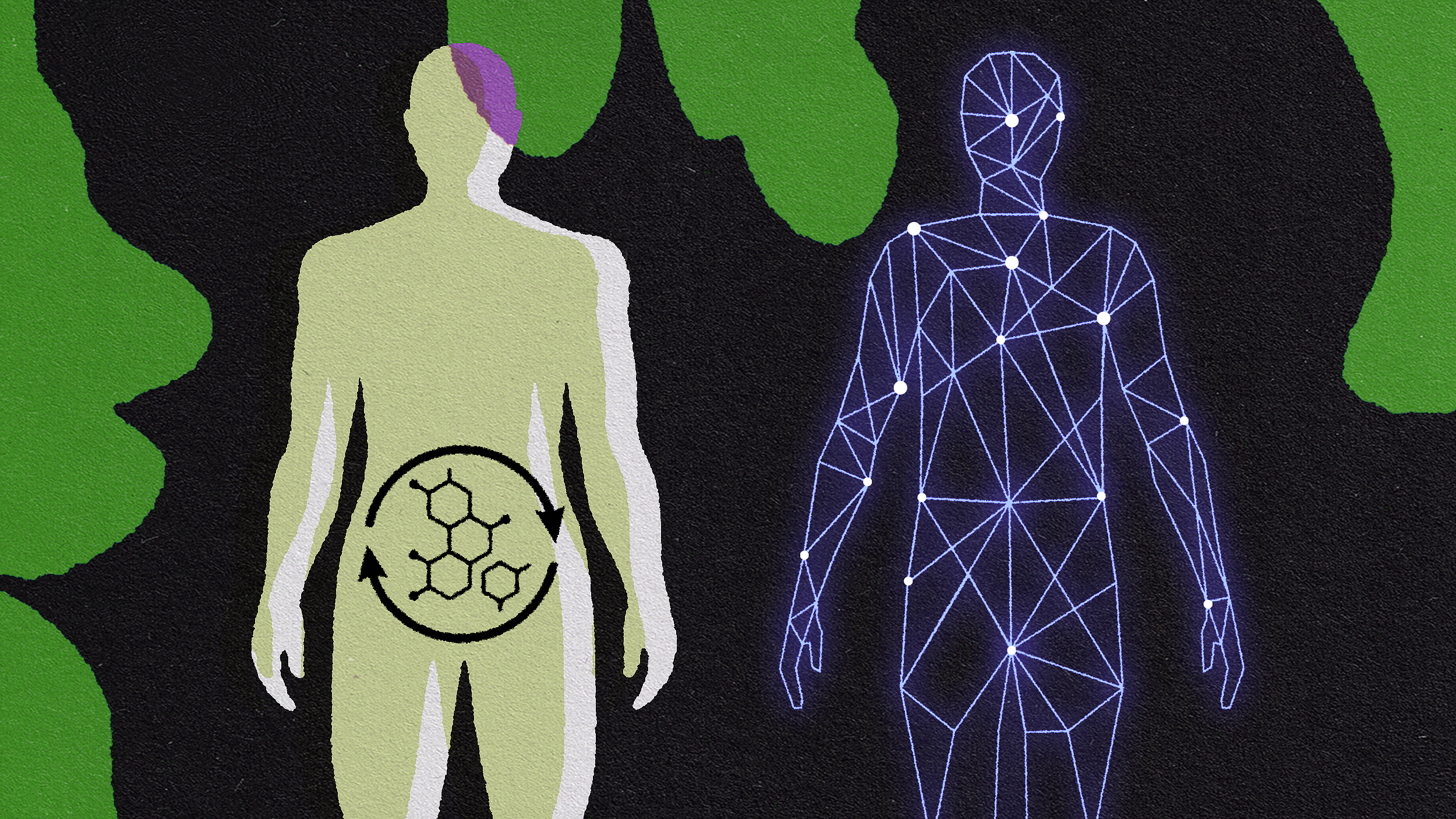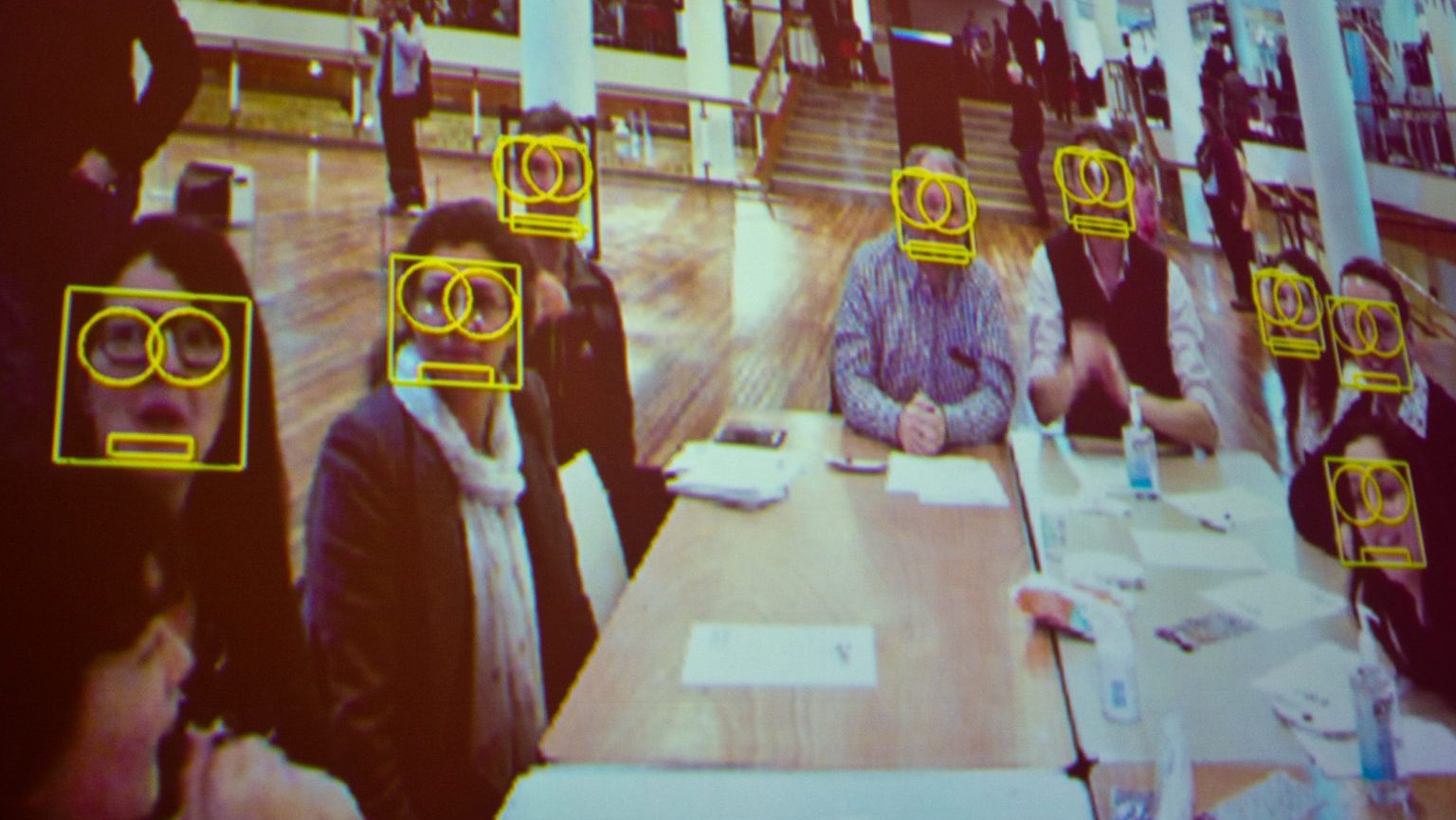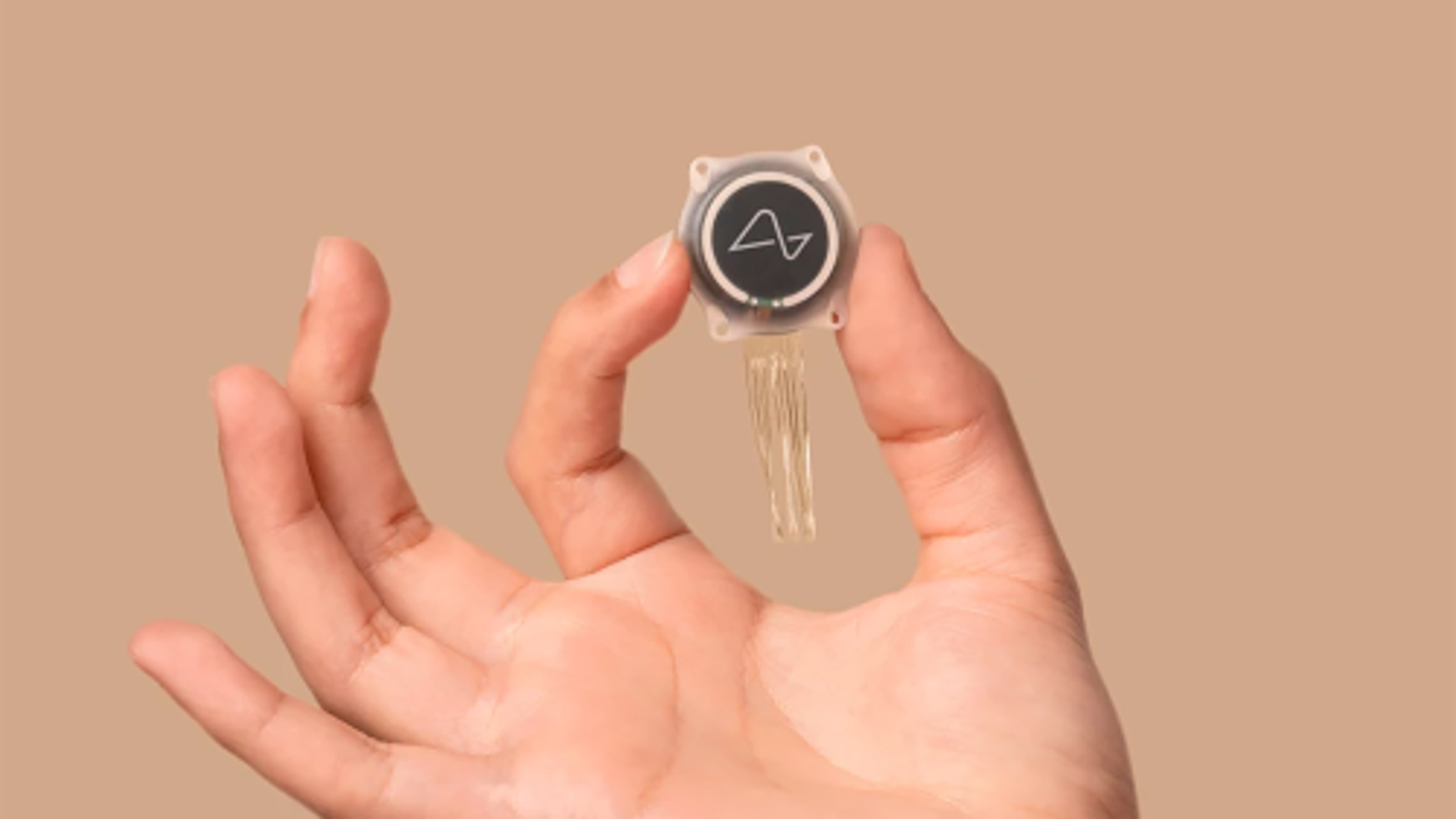Meet Dr. Jennifer Doudna: she’s leading the biotech revolution

Credit: Courtesy of Jennifer Doudna
This article was originally published on our sister site, Freethink.
Last year, Jennifer Doudna and Emmanuelle Charpentier became the first all-woman team to win the Nobel Prize in Chemistry for their work developing CRISPR-Cas9, the gene-editing technology. The technology was invented in 2012 — and nine years later, it’s truly revolutionizing how we treat genetic diseases and even how we produce food.
CRISPR allows scientists to alter DNA by using proteins that are naturally found in bacteria. They use these proteins, called Cas9, to naturally fend off viruses, destroying the virus’ DNA and cutting it out of their genes. CRISPR allows scientists to co-opt this function, redirecting the proteins toward disease-causing mutations in our DNA.
So far, gene-editing technology is showing promise in treating sickle cell disease and genetic blindness — and it could eventually be used to treat all sorts of genetic diseases, from cancer to Huntington’s Disease.
The biotech revolution is just getting started — and CRISPR is leading the charge. We talked with Doudna about what we can expect from genetic engineering in the future.
This interview has been lightly edited and condensed for clarity.
Freethink: You’ve said that your journey to becoming a scientist had humble beginnings — in your teenage bedroom when you discovered The Double Helix by Jim Watson. Back then, there weren’t a lot of women scientists — what was your breakthrough moment in realizing you could pursue this as a career?
Dr. Jennifer Doudna: There is a moment that I often think back to from high school in Hilo, Hawaii, when I first heard the word “biochemistry.” A researcher from the UH Cancer Center on Oahu came and gave a talk on her work studying cancer cells.
I didn’t understand much of her talk, but it still made a huge impact on me. You didn’t see professional women scientists in popular culture at the time, and it really opened my eyes to new possibilities. She was very impressive.
I remember thinking right then that I wanted to do what she does, and that’s what set me off on the journey that became my career in science.
Freethink: The term “CRISPR” is everywhere in the media these days but it’s a really complicated tool to describe. What is the one thing that you wish people understood about CRISPR that they usually get wrong?
Dr. Jennifer Doudna: People should know that CRISPR technology has revolutionized scientific research and will make a positive difference to their lives.
Researchers are gaining incredible new understanding of the nature of disease, evolution, and are developing CRISPR-based strategies to tackle our greatest health, food, and sustainability challenges.
Freethink: You previously wrote in Wired that this year, 2021, is going to be a big year for CRISPR. What exciting new developments should we be on the lookout for?
Dr. Jennifer Doudna: Before the COVID-19 pandemic, there were multiple teams around the world, including my lab and colleagues at the Innovative Genomics Institute, working on developing CRISPR-based diagnostics.
Traits that we could select for using traditional breeding methods, that might take decades, we can now engineer precisely in a much shorter time. — DR. JENNIFER DOUDNA
When the pandemic hit, we pivoted our work to focus these tools on SARS-CoV-2. The benefit of these new diagnostics is that they’re fast, cheap, can be done anywhere without the need for a lab, and they can be quickly modified to detect different pathogens. I’m excited about the future of diagnostics, and not just for pandemics.
We’ll also be seeing more CRISPR applications in agriculture to help combat hunger, reduce the need for toxic pesticides and fertilizers, fight plant diseases and help crops adapt to a changing climate.
Traits that we could select for using traditional breeding methods, that might take decades, we can now engineer precisely in a much shorter time.
Freethink: Curing genetic diseases isn’t a pipedream anymore, but there are still some hurdles to cross before we’re able to say for certain that we can do this. What are those hurdles and how close do you think we are to crossing them?
Dr. Jennifer Doudna: There are people today, like Victoria Gray, who have been successfully treated for sickle cell disease. This is just the tip of the iceberg.
There are absolutely still many hurdles. We don’t currently have ways to deliver genome-editing enzymes to all types of tissues, but delivery is a hot area of research for this very reason.
We also need to continue improving on the first wave of CRISPR therapies, as well as making them more affordable and accessible.
Freethink: Another big challenge is making this technology widely available to everyone and not just the really wealthy. You’ve previously said that this challenge starts with the scientists.
Dr. Jennifer Doudna: A sickle cell disease cure that is 100 percent effective but can’t be accessed by most of the people in need is not really a full cure.
This is one of the insights that led me to found the Innovative Genomics Institute back in 2014. It’s not enough to develop a therapy, prove that it works, and move on. You have to develop a therapy that actually meets the real-world need.
Too often, scientists don’t fully incorporate issues of equity and accessibility into their research, and the incentives of the pharmaceutical industry tend to run in the opposite direction. If the world needs affordable therapy, you have to work toward that goal from the beginning.
Freethink: You’ve expressed some concern about the ethics of using CRISPR. Do you think there is a meaningful difference between enhancing human abilities — for example, using gene therapy to become stronger or more intelligent — versus correcting deficiencies, like Type 1 diabetes or Huntington’s?
Dr. Jennifer Doudna: There is a meaningful distinction between enhancement and treatment, but that doesn’t mean that the line is always clear. It isn’t.
There’s always a gray area when it comes to complex ethical issues like this, and our thinking on this is undoubtedly going to evolve over time.
What we need is to find an appropriate balance between preventing misuse and promoting beneficial innovation.
Freethink: What if it turns out that being physically stronger helps you live a longer life — if that’s the case, are there some ways of improving health that we should simply rule out?
Dr. Jennifer Doudna: The concept of improving the “healthspan” of individuals is an area of considerable interest. Eliminating neurodegenerative disease will not only massively reduce suffering around the world, but it will also meaningfully increase the healthy years for millions of individuals.
There is a meaningful distinction between enhancement and treatment, but that doesn’t mean that the line is always clear. It isn’t. — DR. JENNIFER DOUDNA
There will also be knock-on effects, such as increased economic output, but also increased impact on the planet.
When you think about increasing lifespans just so certain people can live longer, then not only do those knock-on effects become more central, you also have to ask who is benefiting and who isn’t? Is it possible to develop this technology so the benefits are shared equitably? Is it environmentally sustainable to go down this road?
Freethink: Where do you see it going from here?
Dr. Jennifer Doudna: The bio revolution will allow us to create breakthroughs in treating not just a few but whole classes of previously unaddressed genetic diseases.
We’re also likely to see genome editing play a role not just in climate adaptation, but in climate change solutions as well. There will be challenges along the way both expected and unexpected, but also great leaps in progress and benefits that will move society forward. It’s an exciting time to be a scientist.
Freethink: If you had to guess, what is the first disease you think we are most likely to cure, in the real world, with CRISPR?
Dr. Jennifer Doudna: Because of the progress that has already been made, sickle cell disease and beta-thalassemia are likely to be the first diseases with a CRISPR cure, but we’re closely following the developments of other CRISPR clinical trials for types of cancer, a form of congenital blindness, chronic infection, and some rare genetic disorders.
The pace of clinical trials is picking up, and the list will be longer next year.





